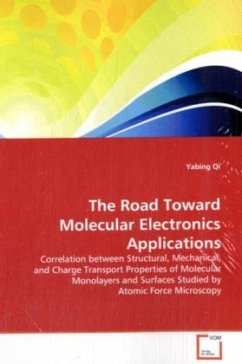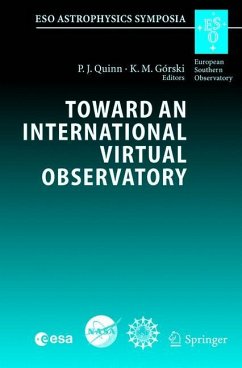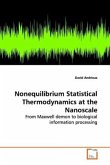Organic molecules may revolutionize our world by
offering alternative molecule-based electronic
devices to supplant the traditional electronics,
computing systems, and energy harvesting devices. To
realize these unprecedented molecular-based devices,
one need understand the mechanisms of electrical
conduction in organic molecules. The author used
conductance atomic force microscopy as the main tool,
and studied surfaces of organic thin films,
semiconductors, and graphite. Correlation between
structural, mechanical (hardness, friction, and
adhesion), and charge transport properties of these
surfaces is the central theme of the book. This book
focuses on one of the key questions in molecular
electronics: ``how do intermolecular interactions
influence the charge transport mechanism in molecular
monolayers?", which provides a guideline to tailor
molecules for applications such as organic thin film
transistors, organic light emitting diodes, and
organic photovoltaic cells. Therefore the book is an
ideal guide for researchers in the interdisciplinary
field of molecular electronics. Readers who are
interested in nanotechnology and scanning probe
microscopy may also find the book useful.
offering alternative molecule-based electronic
devices to supplant the traditional electronics,
computing systems, and energy harvesting devices. To
realize these unprecedented molecular-based devices,
one need understand the mechanisms of electrical
conduction in organic molecules. The author used
conductance atomic force microscopy as the main tool,
and studied surfaces of organic thin films,
semiconductors, and graphite. Correlation between
structural, mechanical (hardness, friction, and
adhesion), and charge transport properties of these
surfaces is the central theme of the book. This book
focuses on one of the key questions in molecular
electronics: ``how do intermolecular interactions
influence the charge transport mechanism in molecular
monolayers?", which provides a guideline to tailor
molecules for applications such as organic thin film
transistors, organic light emitting diodes, and
organic photovoltaic cells. Therefore the book is an
ideal guide for researchers in the interdisciplinary
field of molecular electronics. Readers who are
interested in nanotechnology and scanning probe
microscopy may also find the book useful.








